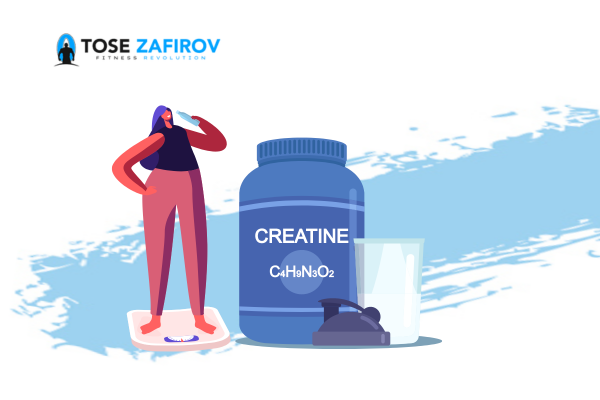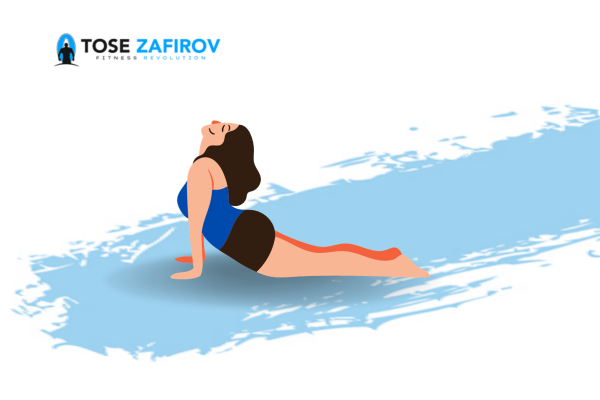Sun gazing is a meditative practice that involves looking at the sun during off-peak times. However, medical experts don’t recommend this type of practice due to the risk of permanent eye damage.
Key Takeaways:
- There isn’t much research into sun gazing meditation and how it could benefit your body and mind since the dangers are ever-present.
- Most of the benefits can be gleaned from general non-sun gazing meditation, being outdoors, and enjoying nature. Many people believe connecting with natural forces can be incredibly healing, both physically and mentally.
- Most medical professionals don’t recommend sun gazing at all and suggest trying other meditation practices instead due to immediate and long-term permanent risks to your eyes.
Sun gazing is a method of meditation that attempts to harness the healing power of the sun. Participants look directly at the sun, most commonly during sunrise and sunset, in an effort to connect with its energy.
However, there’s no research that supports any health benefits of sun gazing, and any form of it can result in permanent eye damage.
We’ll examine the risks and benefits of safe sun exposure and meditation in general as well as the risks of practicing sun gazing.
Warning
What is sun gazing?
Sun gazing is similar to other meditative practices like moon gazing meditation.
This type of meditation uses a focusing object to enhance the benefits, which can be gained without looking directly at the sun and its harmful UV rays.
While gazing at the sun can be very harmful, gazing at other objects without UV radiation can potentially be beneficial.
An older 2014 study connected focusing on an object during meditation to an enhanced focus of the mind. Though this could include focusing on any kind of object instead of the sun.
Note
However, the benefits of meditation, such as stress reduction, self-awareness, and improving sleep, can be seen in many different practices.
Safety precautions and risks
Most traditional healthcare professionals and ophthalmologists don’t recommend sun gazing.
Studies have shown that ocular diseases like cataracts, certain eye cancers, and photokeratitis are associated with exposure to radiation from the sun. It can also cause immediate damage to the retina.
Ultimately, the benefits of meditation that focuses on an object could be harnessed without directly looking at the sun. Consider outdoor meditation that focuses on an object in nature or try a focusing sound or visual cue.
Benefits of meditation
There are many benefits to safe meditation in general. Here are just a few:
Stress, depression, and anxiety reduction
Reviews of studies on meditation suggest it can help improve measures of anxiety, depression, and pain.
Including meditation practice alongside traditional treatments has potential as a low cost method of complementary support for those living with anxiety.
Emotional health benefits
Numerous studies have shown that meditation can improve emotional processing.
A 2019 study of brief mindfulness meditation showed improvements in certain elements of emotion processing such as intensity, emotional memory, and emotional attention bias.
Sleep improvements
A 2019 review of studies suggested that those with sleep disturbance may benefit from mindfulness meditation, though more research is still needed to confirm the benefits.
Ultimately, meditation could prove to have benefits for all kinds of conditions and situations and is considered safe for most healthy people. But gazing at the sun does not have to be a part of it to see these benefits.
Benefits of safe sun exposure
There’s no scientific research to suggest that sun gazing meditation offers any benefits. However, limited and safe sun exposure without looking into the sun can be beneficial.
Evidence suggests that general sunlight exposure can:
- combat fatigue and drowsiness
- improve sleep quality
- increase vitamin D and bone health
- improve or maintain mental health
Additionally, a 2018 study found that just being outside has numerous health benefits, including perceived benefits for mental health. This means that a meditative practice outdoors could be beneficial even without gazing at the sun.
Improve sleep and circadian rhythms
Vitamin D plays an important role in maintaining many functions of the body, including circadian rhythm and sleep duration. More research is needed to fully understand the relationship, but low vitamin D levels can be a cause for concern.
A study from 2014 also found that exposure to sunlight could be an effective countermeasure for fatigue and drowsiness.
Benefits for mental health
The mental health benefits of sun exposure include:
- increased dopamine and serotonin
- an improved mood
- a reduction in depressive symptoms
Should I learn to sun gaze?
Medical experts don’t advise this practice at all, but you can incorporate a meditation practice that includes nature and focusing on a safer object.
How to meditate in nature
Prepare by taking some deep breaths. Take the time to stretch and loosen up your body. Then follow these steps:
Meditation steps in a natural setting
- Try using a visual focal point that is not the sun. Consider looking at a tree, flowers, or general scenery (like your local vistas or skyline).
- Focus on your breathing and relax your body.
- Let your meditation come to a natural end and finish with a few body stretches.
You can also add movement to your meditation.
Pro Tip
If standing stationery feels too intense, then introduce movements like stretches. It’s best to end with some stretches when your meditation comes to a natural end.
The bottom line
While sun gazing meditation poses significant risks to eye health, incorporating meditation in nature with safer focal points can provide similar benefits without endangering vision.































































